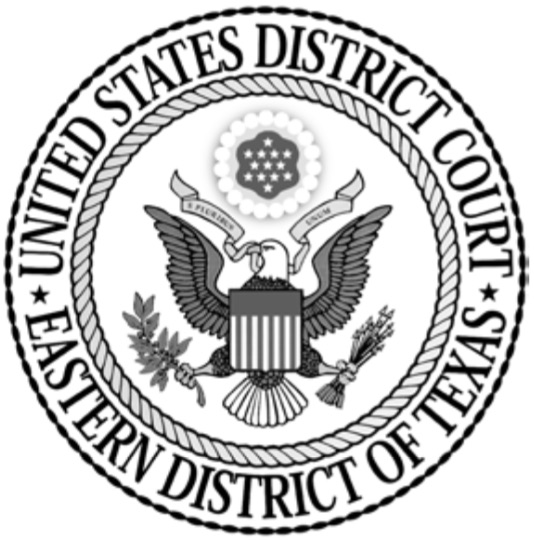Harper & Bates Earns Three Best Law Firm Rankings
Harper & Bates is pleased to announce that it has earned three rankings in the 2023 “Best Law Firm” rankings from U.S. News & World Report Best Lawyers.In the Dallas market,…
Continue reading » On July 20, 2016, Judge Rodney Gilstrap of the Eastern District of Texas issued a revised docket control order for patent cases removing his prior requirement that litigants must be granted permission before filing motions for summary judgment. Judge Gilstrap, who handles substantially more patent cases than any other judge in the country (32% of patent cases filed in the US according to legal analytics firm Lex Machina), previously required parties seeking summary judgment in patents suits to submit letter briefs no longer than five pages in length requesting the court's permission to file a motion for summary judgment. The opposing party was allowed to file a five-page response within fourteen days, followed by the movant's three-page reply due within five days of the response letter. Only after the court granted permission could a party file a full motion for summary judgment.
On July 20, 2016, Judge Rodney Gilstrap of the Eastern District of Texas issued a revised docket control order for patent cases removing his prior requirement that litigants must be granted permission before filing motions for summary judgment. Judge Gilstrap, who handles substantially more patent cases than any other judge in the country (32% of patent cases filed in the US according to legal analytics firm Lex Machina), previously required parties seeking summary judgment in patents suits to submit letter briefs no longer than five pages in length requesting the court's permission to file a motion for summary judgment. The opposing party was allowed to file a five-page response within fourteen days, followed by the movant's three-page reply due within five days of the response letter. Only after the court granted permission could a party file a full motion for summary judgment.
Judge Gilstrap's July 20 order marks the second time recently that he has removed a letter briefing requirement in patent cases. In November 2015, he eliminated a prior rule requiring litigants to receive permission before filing a motion seeking to invalidate a patent under the Supreme Court's June 2014 decision in Alice Corp. v. CLS Bank Int'l. He also recently rescinded his requirement that parties meet and confer in person regarding discovery motions.
With the revised docket control order in place, litigants will no longer be required to go through the process of preparing letters briefs then waiting for the court's decision. This should expedite the summary judgment process and reduce costs for parties with legitimate summary judgment arguments.
Harper & Bates is pleased to announce that it has earned three rankings in the 2023 “Best Law Firm” rankings from U.S. News & World Report Best Lawyers.In the Dallas market,…
Continue reading »Harper & Bates is pleased to announce that it has earned three rankings in the 2022 “Best Law Firm” rankings from U.S. News & World Report Best Lawyers.In the Dallas market,…
Continue reading »